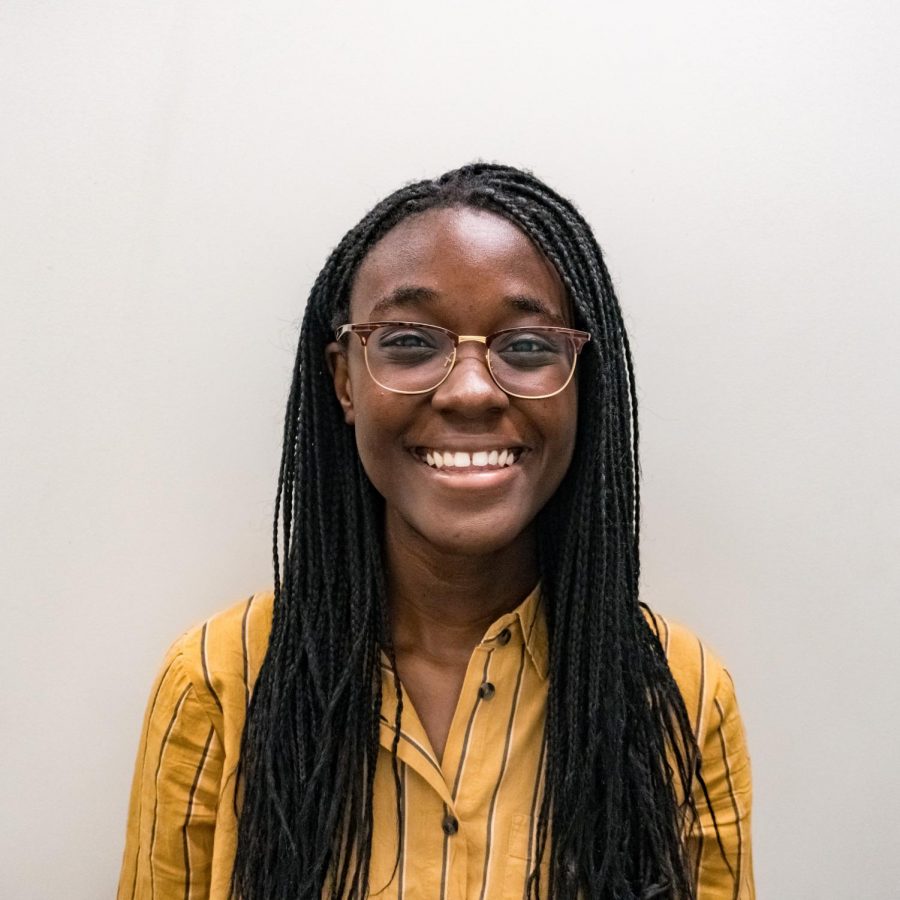I’ve always been intrigued by the concept of the campus free speech debate. While I recently wrote about my support for trigger warnings in classrooms, which many see as a limit of free speech, I also feel that a layered perspective that takes into account the complexity of the issue is necessary to guarantee that discussion on campus is both respectful and open. Therefore, I also wanted to express concerns on how NYU sometimes creates environments that limit free speech unintentionally and without benefit.
NYU is known for being an institution without walls. Students here expect to be immersed in the city, new thoughts and cultures and to learn every day from the diverse perspectives of their peers. However, certain obstacles often prevent open discussion at NYU. In my experience, class conversations often don’t recognize students who differ from the extremely liberal, social-justice-oriented NYU student. This is intimidating for many, like the students from less diverse areas who are still adjusting to the environment of NYU or students with even remotely conservative views. NYU students — and, potentially, the NYU administration — should do more to mitigate this problem to encourage higher-quality discussion.
I remember my roommate, also a first-year and an extremely kind and inquisitive person describing her excitement at being able to experience the greater diversity of NYU compared to her hometown. However, she also expressed that she sometimes felt unsure of how to approach certain topics in class discussions. And I’m sure this struggle isn’t specific to her. I have noticed first-years who looked extremely anxious during class debates, and this is understandable. The environment that they found themselves in, though open-minded, inherently requires a terminology that is respectful and, to an extent, politically correct. Choosing to attend NYU doesn’t necessarily mean that incoming students are familiar with this kind of setting but rather that they are open to exploration. And trepidation regarding what is and what is not okay to say in a classroom discussion should not serve as an inhibiting force in that opportunity to grow.
As an institution, NYU spends a lot of time promoting inclusivity for marginalized students, and rightfully so. There are clubs and meetings to make sure that students are able to adjust. But students rarely consider what it must be like to have to learn to navigate controversial discussions for the first time.
When asked what can be done to make students more comfortable, my roommate stated that she wished part of class discussions could be spent establishing preferred terminology or quick overviews of common phrases that may be considered offensive. Another potential solution is that student clubs on culture, gender and sexuality or other similar topics could host panels or events during Welcome Week. These are easy steps that should be taken immediately so that all students can comfortably access their right to learn from the varied perspectives of their fellow NYU students.
There is a severe lack of understanding for students with different political views. In fact, conservative students sometimes find themselves avoiding participation in class discussions altogether. Nick Suri, a student at Tandon School of Engineering and secretary of the NYU College Republicans, explained that he often feels uncomfortable and that, while he has enjoyed classes with many of his professors at NYU, he has had questionable experiences. Suri cites an example of a class debate on net neutrality when the professor started with the assumption that every individual was on the same side. In fact, Suri had to raise his hand in class to clarify that he actually disagreed. He was the only one in the class to take the opposing side.
Suri finds that while people at NYU are willing to learn, they are often only really willing to learn about things they already believe to be true. Suri believes that if NYU wants to address this, it needs to focus on promoting a culture where students have spaces in which they can be challenged in order to expand or refine their own beliefs. I agree. Students should always be conscious of why they believe what they believe, and part of that is being exposed to multiple ideas. As a university, we can do better than having class debates where we forget alternative sides even exist, like what Suri experienced.
NYU can’t really claim to be a university without walls if we are creating spaces where all dissenting opinions are actively very unwelcome or where students don’t ask innocent questions because of intimidation. NYU urgently needs to create more room for discussion: university life provides a rare opportunity for students to have thoughtful, intellectually rigorous conversations, especially in a world where many discussions are reduced to angry tweets. NYU students and faculty could all do more to respect that.
Opinions expressed on the editorial pages are not necessarily those of WSN, and our publication of opinions is not an endorsement of them.
Email Sarah John at [email protected].























































































































































